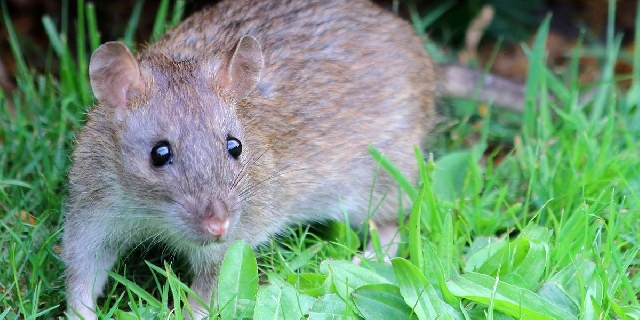What you need to know about Lassa Fever
 Rat
Rat
On February 26, 2023, the Ghana Health Service issued a statement announcing the confirmation of two cases of Lassa fever from the Noguchi Memorial Institute for Medical Research. The statement further revealed that “the first case was a 40-year-old trader, who was unwell for about two weeks and finally died at the Korle-Bu Teaching Hospital.”
A follow-up statement on February 28, 2023, disclosed that 12 more cases had been recorded.
“This brings to 14 the total number of confirmed cases for the outbreak. One death has so far been recorded. All 13 cases are alive and in stable condition and are being managed in designated health facilities,” the statement signed by the Director General of Ghana Health Service, Dr Patrick Kuma-Aboagye, said.
The Ghana Health Service assured the general public saying, “a total of 97 contacts have been identified, and efforts are underway to identify more contacts.”
What is Lassa Fever, and how does one avoid contracting it?
According to the World Health Organisation (WHO), Lassa fever is an acute viral haemorrhagic illness of two to 21 days in West Africa.
Other facts WHO shares on the disease are:
● The Lassa virus is transmitted to humans via contact with food or household items contaminated with rodent urine or faeces.
● In hospitals lacking adequate infection prevention and control measures, person-to-person infections and laboratory transmission can also occur.
● Lassa fever is endemic in Benin, Ghana, Guinea, Liberia, Mali, Sierra Leone, and Nigeria but probably exists in other West African countries.
● The overall case-fatality rate is 1%. The observed case-fatality rate among patients hospitalised with severe cases of Lassa fever is 15%.
Early supportive care with rehydration and symptomatic treatment improves survival.
Symptoms of Lassa fever
The early symptoms of Lassa fever may include fever and general weakness. Persons may later present with headache, sore throat, muscle pain, chest pain, nausea, vomiting, diarrhoea, cough, and abdominal pain. In severe cases, bleeding from the mouth, nose, vagina, or stomach may occur. Death usually occurs within 14 days of onset in fatal cases.
Treatment and prophylaxis
Although no vaccine currently protects against Lassa Fever, the Ghana health service says, “there is medicine (antiviral) for treatment and much effective if taken carefully.”
Preventative Measures
The Ghana Health Service advises that we:
1. Avoid contact with rodents (mice, rats, etc.).
2. Ensure good environmental hygiene and institute measures such as storing grain and other foodstuffs in rodent-proof containers, disposing of garbage far from home, maintaining clean households and keeping cats to prevent rodent infestation.
3. Avoid contact with blood and body fluids while caring for sick persons.
The researcher produced this explainer per the DUBAWA 2023 Kwame KariKari Fellowship partnership with Class Media Group to facilitate the ethos of “truth” in journalism and enhance media literacy in the country.







